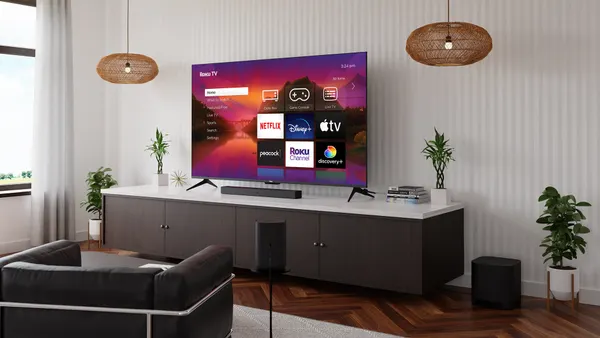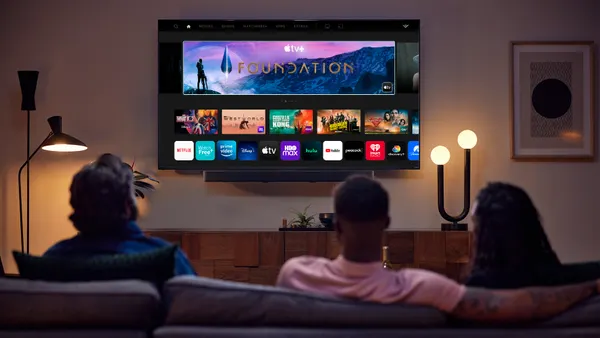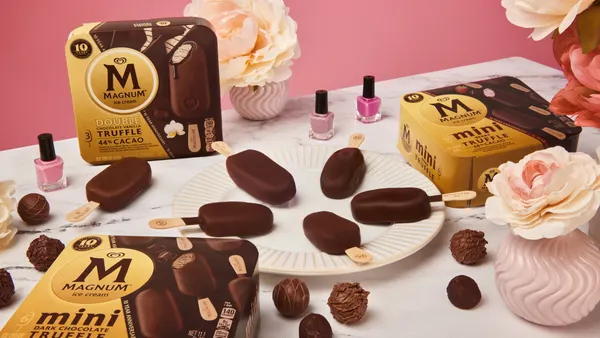Dive Brief:
- Customer brand loyalty increased an average of 20% between 2019 and 2020, according to results of Brand Keys' new Customer Loyalty Engagement Index shared with Marketing Dive.
- The report identified 20 brands that regularly lead in-market brand loyalty. The top 10, in order, are: Chick-fil-A, Zara, WhatsApp, Amazon, Netflix, Dunkin', Konica Minolta, Vans, Hyundai and MSNBC. The brands rated highest for creating emotional engagement and loyalty in the retail category include: Zara, TJ Maxx, Walmart, The Home Depot and Dick's Sporting Goods.
- Eighty-five percent of the new path-to-purchase category loyalty drivers are based on newly formed consumer-generated configurations with new, multidimensional values appearing in 96% of sectors.
Dive Insight:
Despite the fact that consumer concern over trust and privacy is at an all-time high, the Brand Keys report reveals that many brands are getting it right when it comes to customer loyalty, which it defines as a combination of emotional engagement, trust and a brand's ability to engage with consumers and meet or exceed their expectations.
With brand loyalty's average growth of 20% over the past year, customers appear to be clinging to companies that deliver in an uncertain landscape. Still customer expectations are getting more complex. The factors driving customer loyalty are evolving, which can be challenging for marketers, the report suggests. A key trap some analysts and consultants have fallen into, per Brand Keys, is thinking loyalty is dead because the primary drivers from previous years no longer work.
The report points to the airline category as an example of how loyalty drivers are becoming more complicated. In 2020, the new category drivers of loyalty along the path to purchase are: Safety, AI check-in facilitates my security; Overall values; don't nickle-and-dime me pricing; ease my efforts in-flight service, entertainment and catering, and reputation and reward programs that truly recognize my loyalty. In the past, airline loyalty drivers were: Rates, extra charges and overall value; in-flight customer service; safety, check-in and security, and reputation and rewards.
"Two decades into the 21st century the world has more complex brand and mediascapes," Robert Passikoff, president of Brand Keys, said in a statement. "It's more data-rich and technologically-intensive. Consumers are more complex, connected, and complicated. They connect with each other before even considering connecting to a brand and assess loyalty relative to how they envision an 'Ideal' brand."
Brand Keys' report supports recent Morning Consult research that found that technology and CPG brands comprise many of the "most trusted brands of 2020." In that report, The United States Postal Service ranked No. 1 on the list of most trusted brands among U.S. consumers. Amazon was No. 2, while Google held the No. 3 spot and PayPal ranked No. 4. The three tech companies also ranked on the Brand Keys report.











